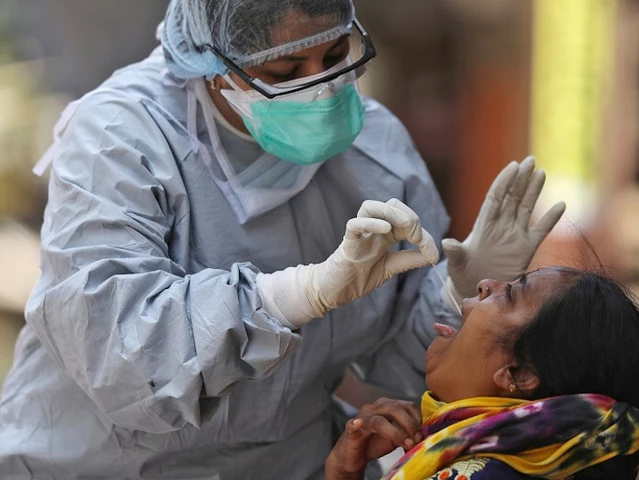Bacteria: What They Are and How to Stay Safe
Bacteria are tiny living organisms you can’t see without a microscope. Some help you—like the ones in your gut that aid digestion—and some cause illness, like strep throat or food poisoning. Knowing the difference and how bacteria spread helps you avoid infections and use antibiotics wisely.
How bacterial infections spread
Bacteria move in simple ways: direct contact (shaking hands, kissing), droplets (coughs and sneezes), contaminated food or water, and dirty surfaces. Cuts and medical devices can also let bacteria into the body. Places with many people, poor hygiene, or bad food handling are higher risk. Even healthy people can carry bacteria without feeling sick and pass them on to others.
Common examples: E. coli and Salmonella often come from undercooked food; Staphylococcus can live on skin and cause wound infections; Streptococcus can cause sore throats. Some bacteria like Mycobacterium tuberculosis cause serious disease and need specific treatment.
Practical steps to prevent and manage infections
Handwashing is the single most effective step. Use soap and water for 20 seconds, especially before eating and after using the bathroom. Cook food to safe temperatures, wash fruits and vegetables, and refrigerate leftovers promptly. Clean and cover cuts, and avoid sharing personal items like razors or toothbrushes.
Antibiotics kill or stop bacteria, but they don’t work on viruses. Use them only when a doctor prescribes them. Finish the full course even if you feel better. Misusing antibiotics speeds up antibiotic resistance, making infections harder to treat. Don’t demand antibiotics for common colds or mild sore throats without tests.
Vaccines prevent some bacterial diseases—like tetanus or certain pneumococcal infections—so stay up to date on recommended shots. For minor infections, rest, fluids, and basic wound care often do the trick. But seek medical help if you have high fever, spreading redness, severe pain, trouble breathing, or symptoms that get worse instead of better.
Probiotics and fermented foods can support a healthy microbiome, but they’re not a cure for infections. If you take antibiotics, ask your doctor about probiotics to reduce diarrhea risk. In medical settings, strict hygiene, sterilized equipment, and proper antibiotic use cut down on dangerous drug-resistant bacteria.
Lab tests like cultures and rapid PCR help identify the exact bacteria and the right antibiotic. That’s why doctors sometimes wait for results before starting specific treatment. Simple, common-sense steps—clean hands, safe food, sensible antibiotic use, and timely medical care—go a long way toward keeping you and your family safe from harmful bacteria.

Is it safe to eat Indian food left out overnight?
It is generally not recommended to eat food that has been left out overnight due to the risk of bacteria growth. Indian food, in particular, is likely to contain ingredients that spoil more quickly than other types of cuisine, such as dairy and protein, which can cause food poisoning if left out too long. To avoid this, it is best to refrigerate leftovers immediately and consume them within two to three days.
Categories
- Social Issues in India (3)
- Sports (3)
- Business & Markets (2)
- Weather & Climate (2)
- History and Politics (1)
- Quick and Easy Indian Breakfast Recipes (1)
- Food and Culture (1)
- Road Safety & Transportation (1)
- Cultural Experiences/Travel & Living Abroad (1)
- Technology Reviews (1)
Popular Articles

Is India a better or worse place than 50 years ago?
Mar, 29 2023

